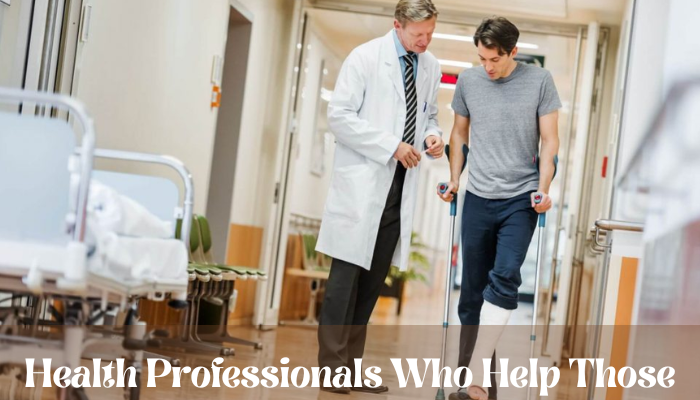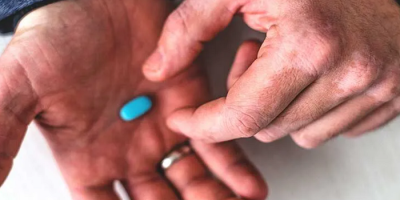Auto accidents can be devastating for those involved, and the medical and psychological aftereffects can be long-lasting. Healthcare professionals are essential in helping those affected by auto accidents work through the trauma and rebuild their lives. From chiropractors to counselors, these professionals provide the support and guidance needed to move forward. Keep reading to learn more about the types of medical professionals who help those affected by auto accidents.
Chiropractor
An auto accident chiropractor is a type of health professional who specializes in diagnosing and treating injuries caused by auto accidents. They work closely with the patient to assess and monitor their recovery, providing treatments that can help address immediate pain relief as well as long-term rehabilitation needs. Many will also provide advice on how to prevent further injury or alleviate symptoms of existing ones. Auto accident chiropractors typically have a broad range of knowledge when it comes to not only musculoskeletal conditions but also neurological disorders related to an auto accident such as whiplash or spinal cord injuries. During an initial consultation, the chiropractor will take a thorough history of the patient’s medical condition, any medications they may be taking, lifestyle factors that could affect their treatment plan, and details about the actual automobile incident itself such as date/time/location, etc. From there, they can begin creating a comprehensive treatment plan tailored specifically for each individual depending on their particular diagnosis and overall health history.
Respiratory Therapist
Respiratory therapists assess various types of breathing disorders, develop treatment plans based on an individual’s medical history and diagnostic results, administer nebulizers or oxygen therapy, provide patient education regarding medications and lifestyle changes that may be beneficial to their overall health, perform pulmonary function tests (PFTs), monitor vital signs, and educate families about ways they can assist with recovery. If you’re interested in becoming a respiratory therapist, you can check out online respiratory therapy programs. These programs provide comprehensive education in therapeutic interventions to address the respiratory needs of patients suffering from traumatic injuries, as well as other common ailments such as asthma and COPD. RTs can help with auto accident injuries or other trauma that prevents you from breathing on your own.
Physiotherapists
Physiotherapists play an essential role in helping those who have been involved in auto accidents. Their primary responsibility is to assess and treat physical issues that arise as a result of the accident. This includes evaluating motor functions, range of motion, posture, strength, joint stability, balance, and coordination. Physiotherapists can then develop treatment plans tailored to the specific needs of their patients. The goals of these treatment plans are generally twofold: to restore mobility and function by improving movement or reducing pain to prevent further injuries from occurring by addressing any underlying biomechanical issues that could be contributing factors. During treatment sessions, physiotherapists use various manual techniques such as soft tissue massage, joint mobilization/manipulation, and muscle energy techniques to reduce pain and improve flexibility.
Counselors
Counseling is another important aspect of care provided by health professionals following an automobile accident; it helps individuals deal with their emotions in order to cope with feelings of distress caused by trauma associated with the event itself as well as its aftermath (e.g., legal proceedings). Counselors also assist survivors in rebuilding their lives after sustaining serious injuries or loss due to an auto injury incident—by helping them adjust psychologically while developing strategies for coping that will enable them to lead fulfilling lives post-injury/accident. Emotional support is yet another key element of healing after a traumatic car crash experience; health professionals offer comfort and compassion during times when victims feel overwhelmed by fear or sadness due to what has occurred while encouraging them toward recovery at every step along the way. This type of assistance helps alleviate stress levels which can ultimately result in better mental well-being overall during periods when life seems overwhelming and out of control due to one’s current circumstances post-auto injury accident(s).
Overall, the health professionals who help those affected by auto injury accidents play an essential role in helping victims heal and recover from the physical and emotional trauma of an accident. Their expertise and guidance can be invaluable to those in need, providing emotional and physical support throughout the recovery process.


















Comments